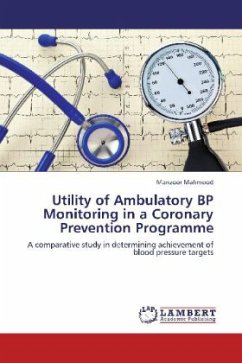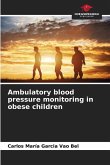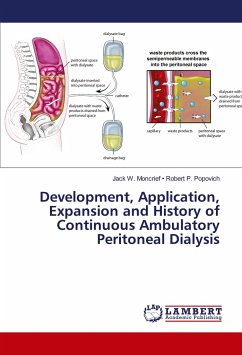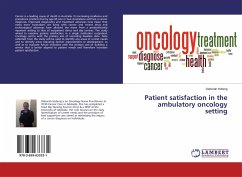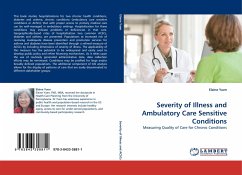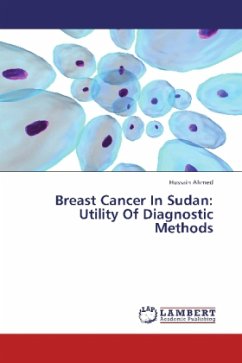Despite the overwhelming evidence in favour of good blood pressure control, it remains far from optimal in coronary patients. Clinic BP measurement, as used in most surveys, to determine achievement of optimal BP targets may have several limitations including poor technique of the observer, the white coat effect. Coronary patients who attend the cardiac prevention and rehabilitation and preventive services (CPRP) usually have their blood pressure (BP) checked as part of the service. 24 hour ambulatory blood pressure monitoring (ABPM) may provide a more accurate assessment of achievement of blood pressure The aims of the study were to compare the mean clinic BP at the CPRP end of programme assessment with the patient s mean daytime BP as determined by 24 hour ambulatory measurement and to see if there is any significant difference that would impact on proportion achieving target and also subsequent therapeutic decisions. This analysis should be useful to health care professionals who are involved in patient care in cardiac prevention and rehabilitation clinic in general and those who have particular interest in BP control.
Bitte wählen Sie Ihr Anliegen aus.
Rechnungen
Retourenschein anfordern
Bestellstatus
Storno

